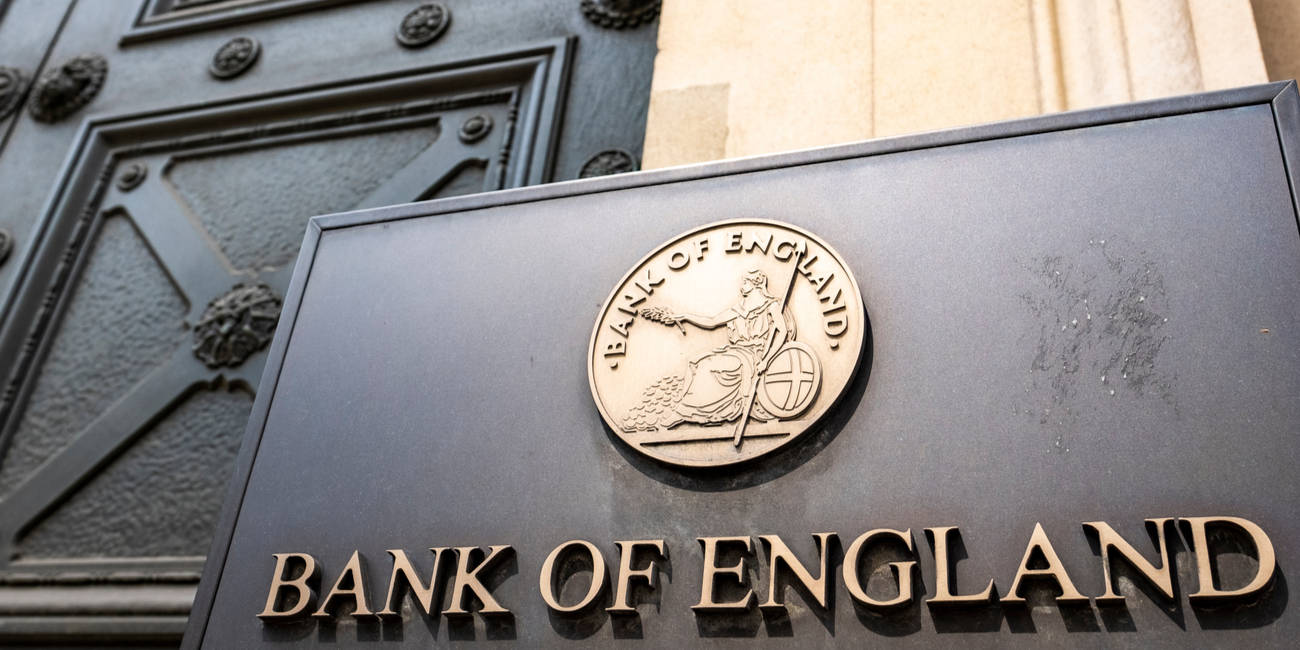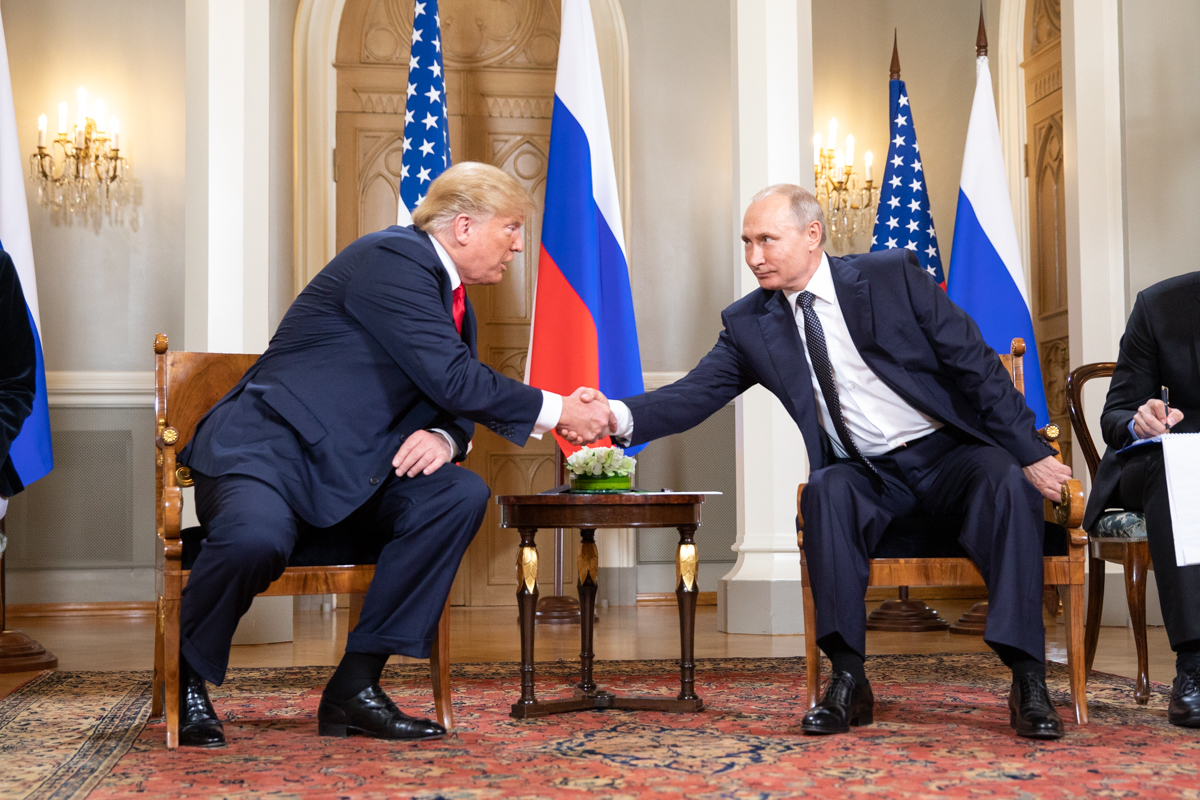Just three days ago, the Bank of England planned to apply to place Silicon Valley Bank UK into insolvency by Sunday night due to it having a “limited presence in the UK and no critical functions supporting the financial system.”
Yet its officials instead spent a dirty rainy weekend with Prime Minister Rishi Sunak, Chancellor Jeremy Hunt, senior Treasury folks and HSBC, sorting out a deal where the latter snapped it up for a quid.
London-listed tech companies that hold money at the lender included payments SaaS outfit PCI-Pal, for which it was the principal bank, and auction tech biz ATG. AIG said in an update it had no “material exposure” to the collapse of SVB this morning, while PCI-Pal confirmed its deposits were safe as a result of US and UK actions. Several AIM companies including Dianomi issued market updates reassuring investors.
Potentially most affected would have been Diaceutics, a Brit tech provider to the pharma industry, which earlier temporarily suspended trading on AIM but resumed trading at 1010 UTC this morning after earlier warnings of “material uncertainty” over its ability to service its working capital in the short term. Most of its £22.2 million ($26.8 million) in cash was in SVB UK accounts.
It wasn’t just British companies that held money at the SVB UK arm. Danish reviews and rankings outfit Trustpilot revealed this morning that the UK limited company was its “principal banking partner.” It added, however, that its board was “confident” about Trustpilot’s “liquidity position and resilience” and was encouraged by regulator and government moves on both sides of the pond.
The collapse of Silicon Valley Bank on March 10 and the appointment of the Federal Deposit Insurance Corporation as receiver has dominated tech media headlines over the past few days. Silicon Valley Bank UK, however, is actually in “reasonable financial health,” meaning the deal Hunt, Sunak and co hammered out over the last 48 hours is a pretty sweet one for HSBC.
The chief executive of $51.7 billion revenue HSBC, Noel Quinn, said the acquisition made “excellent strategic sense” for HSBC.
As of March 8, SVB UK had loans of around £5.5 billion ($6.7 billion) and deposits of around £6.7 billion ($8.1 billion). HSBC said in its statement that the move being taken quickly represented an “emergency backstop to contain SVB contagion risk.”
HSBC said: “SVB UK’s tangible equity is expected to be around £1.4bn. Final calculation of the gain arising from the acquisition will be provided in due course. The assets and liabilities of the parent companies of SVB UK are excluded from the transaction.”
Meanwhile, over in the States, where the financial industry and tech sector are still reeling, its parent company’s woes are being addressed by the US Federal Reserve, Treasury Department and Federal Deposit Insurance Corporation, which jointly announced emergency measures last night to “backstop banks and assure depositors in the latest move to contain contagion from the fallout of SVB.” The Fed said yesterday the central bank will create a new Bank Term Funding Program to safeguard institutions impacted by the collapse of SVB. US president Joe Biden said the “solution” they have come up with would ensure “taxpayer dollars are not put at risk.”
Around half of US venture-backed tech and life sciences companies bank with SVB, the bank itself estimates on its website. Prior to the deposit run, the company had already been affected by the current global slowdown in VC funding as risk for appetite diminishes and fear of recession increases. HSBC said it did not think the bank’s turmoil indicated intrinsic stability issues in the American banking sector more generally (though it would say that; European banks were also affected in the market turmoil last week).
HSBC said in a statement: “While most of SVB’s loans were technology and VC-related, most US regional and big banks have a much better diversified loan portfolio, across commercial, real estate, credit card and mortgage businesses.”
Back in Britain, the limited company’s private sale took place at speed and with little friction due to “powers granted by the Banking Act 2009” born of post-crisis banking reforms, with the idea that it would prevent banking failures and associated depositor runs like those seen in the US last week that caused SVB’s collapse, forcing it to sell treasuries and other assets at a loss.
The Bank of England said this morning: “This action has been taken to stabilise SVBUK, ensuring the continuity of banking services, minimising disruption to the UK technology sector and supporting confidence in the financial system. The Bank and His Majesty’s Treasury can confirm that all depositors’ money with SVBUK is safe and secure as a result of this transaction.
“All services will continue to operate as normal and customers should not notice any changes.”
As for what precipitated the Bank of England’s about-face on the insolvency – which it vowed to put into action “absent any meaningful further information” – we can only speculate, but it seems to have been linked to the promise of some of the implicated British startups. Chancellor Hunt told the BBC’s Laura Kuenssberg that while there’s no risk to the UK’s financial system as a whole, “there is a serious risk to some of our most promising companies in technology and life sciences.”
“These are very important companies to the UK, a very important part of our future.”
It’s the kind of quick action many wish had been taken on Arm, acquired by SoftBank in 2016, which incidentally – at least for now – turned down the chance to dual-list on the LSE in favor of a sole listing on Nasdaq earlier this month.
Analyst Megabuyte opined that “importantly for those exposed,” deposits at the UK arm of the bank can now “be able to be accessed as normal.” It noted: “Several publicly listed tech companies (circa 18) reported on any SVB exposure this morning, most confirming that they had access to sufficient deposits elsewhere. Diagnostic testing solutions provider Diaceutics was the main exception, with £22.0m out of £22.2m in cash and equivalents held in SVB accounts due to the requirement of its revolving credit facility, but these funds should now be accessible following HSBC’s acquisition.”
Josep Alvarez-Perez, head of Bip xTech in the UK, commented: “This swift resolution to the crisis will be welcome relief for technology companies that bank with SVB and the wider sector which has spent the weekend worrying about contagion risk. The ‘strong bank buys distressed bank with government backing’ move is straight out of the financial crisis playbook and UK tech sector founders and investors will be hoping that this is the end of the crisis rather than the end of the beginning.” ®














/cdn.vox-cdn.com/uploads/chorus_asset/file/24774108/STK156_Instagram_threads_3.jpg)






Discussion about this post